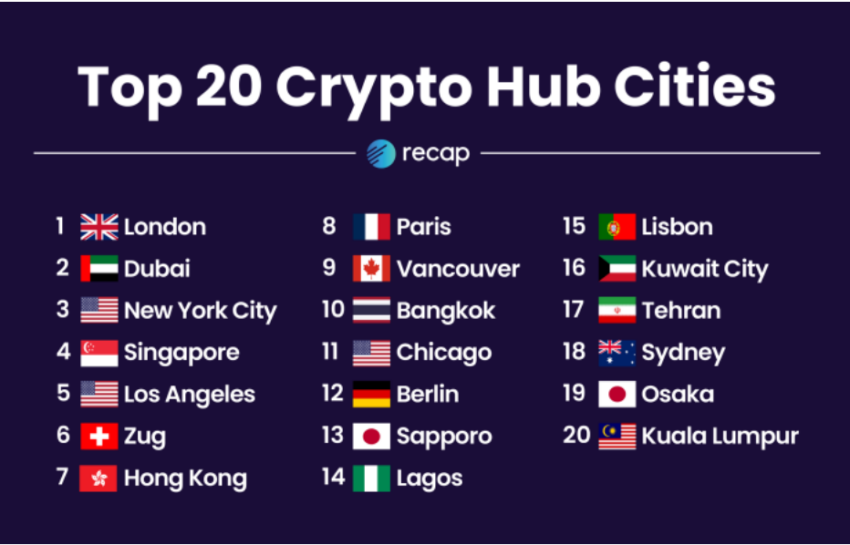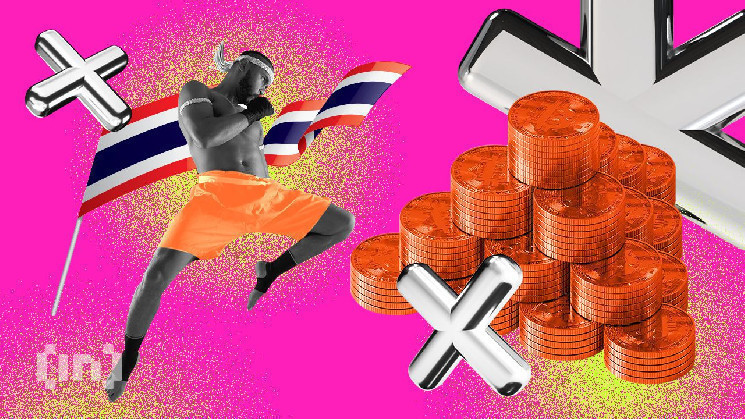Thailand will not charge companies raising capital through Initial Coin Offerings income and value-added tax as it looks for a slice of the Asian-driven bull run predicted by billionaire Cameron Winklevoss.
Members of Thailand’s cabinet ruled that companies raising funds through “investment tokens” can also raise funds through debentures, Executive Committee member Rachada Dhnadirek told the Bangkok Post.
Thai Government Foregoes Over $1 Billion With Tax Waiver
Under the new ruling, the Thai government will lose about $1 billion in taxes from about $3.7 billion raised through initial coin offerings over the next two years. It has not indicated whether companies must perform disclosures to the Thai Securities and Exchange Commission before running ICOs.
Thailand has proven growingly attractive for crypto firms, competing directly with Asian counterparts Hong Kong and Singapore.
According to The Bangkok Post, a tax software company Recap report revealed Thailand had gained 57 crypto companies and had the second-highest crypto ownership rate. Ownership grew despite a government that had banned crypto payments citing financial stability risks.
According to Recap CEO Daniel Howitt, tightening crypto regulations will determine whether Thailand can be an Asian crypto hub.
“Like many countries, Thailand is tightening its rules on the trading of crypto and advertising of digital assets, too. With stricter rules in place, it’ll be interesting to see whether this helps or hinders Bangkok’s place as a crypto hub in the coming months,” he told the Bangkok Post.

Last year, the Securities and Exchange Commission vowed to introduce greater investor protections by limiting celebrity advertising in the wake of the FTX collapse. It has yet to announce a new leader after the board reportedly declined to renew the term for the agency’s secretary-general, whose contract will expire at the end of April 2023
The Cyber Crime Investigation Bureau recently warned Thai citizens of cryptocurrency scams perpetrated through overseas exchanges.
Can Thailand Compete With Hong Kong?
Meanwhile, Hong Kong is capitalizing on Singapore’s tightening regulation caused by several high-profile crypto fallouts.
Last year, Singapore’s Monetary Authority released consultation papers to propose tighter regulation for customer funds held on crypto exchanges. These consultations will likely be consummated to a large degree during the first half of 2023.
Additionally, the city-state wants to impose banks’ cyber risk frameworks on crypto platforms.
Singaporean authorities are still searching for Do Kwon, the co-founder of Singapore-based Terraform Labs, the company behind collapsed stablecoin TerraUSD.
Singapore crypto exchanges Zipmex and Vauld filed for creditor protection in July 2022 after being stung by the TerraUSD meltdown. Vauld received an extension to March 24, 2023, to finalize its restructuring plan.
On the other hand, Hong Kong has embraced the asset class, mitigating investor risk through knowledge tests and reasonable limits on crypto exposure. It has also received support from crypto mogul Justin Sun and several Chinese officials.
If Thailand is to compete with Hong Kong, it will likely need significant investment. The Hong Kong government has committed $6.4 million annually to Web 3 firms.
For Be[In]Crypto’s latest Bitcoin (BTC) analysis, click here.
 beincrypto.com
beincrypto.com
